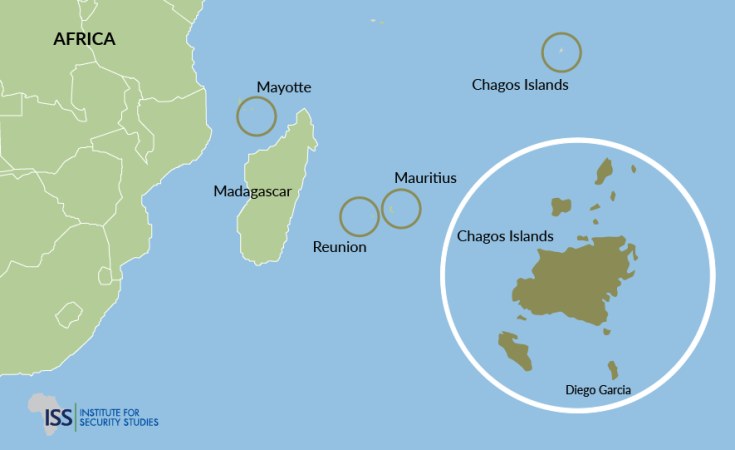Mauritius votes on Sunday in a legislative election overshadowed by a wire-tapping scandal that has sparked concerns over the erosion of rights in the Indian Ocean nation. The poll follows last month's historic agreement granting Mauritius sovereignty over the Chagos Islands after a lengthy legal battle with Britain.
Mauritus, a scattering of islands about 850 kilometres east of Madagascar, prides itself on being a secure and prosperous nation.
More than one million Mauritians are registered to vote in the 12th legislative election since gaining independence from Britain in 1968.
The ruling Militant Socialist Movement (MSM) is seeking to retain its majority and offer its leader, Prime Minister Pravind Jugnauth, a second five-year term.
His main opponent is Navin Ramgoolam, Labour Party leader and head of the progressive Alliance of Change, who is a former prime minister and son of Mauritius's first leader.
Jugnauth, who won by a wide margin in 2019, is facing challenges following leaked phone calls recordings involving politicians, diplomats and journalists, which surfaced online in October.
The government responded last week by banning social media, but public outcry from opposition parties and local media forced it to change tack within 24 hours.
The election features a new contender, the Linion Reform alliance, running on the slogan "Neither Navin, Nor Pravind".
It has campaigned against corruption and nepotism - and called for greater transparency, which may hit home in the aftermath of the wire-tapping leaks.
Banks, beaches and boom times: four facts about Mauritius
'Mauritian miracle' in question
With a population of 1.3 million, Mauritius has experienced economic growth and stability since gaining independence, largely through tourism, manufacturing and financial services.
There are, however, growing fears about the state of democracy.
"In the last five years, the institutions that were ensuring checks and balances have not been functioning and corruption has increased," said Roukaya Kasenally, a researcher on democracy.
She highlighted procurement scandals during the Covid-19 pandemic, harassment of opposition parties, and the use of police against political opponents.
In October, Mauritius dropped from first to second place on the Ibrahim Index, which assesses governance across Africa.
Handover of Chagos Islands to Mauritius 'not an outright win'
Kasenally attributed this decline to "systemic" disadvantages faced by the Creole population, who have struggled for representation in a predominantly Hindu nation with significant Christian and Muslim communities.
"After independence we developed this democratic success story and 'Mauritian miracle' economy, and never thought we were going to backslide," she said.
Meanwhile, the recent deal with Britain over the Chagos archipelago was a major diplomatic victory for the government, even if the UK will retain a lease to keep a joint US military base on the island of Diego Garcia for an "initial" 99 years.
Observers in Mauritius are now considering how US president-elect Donald Trump's stance on the Indian Ocean base could affect the Chagos agreement.
(with AFP)


